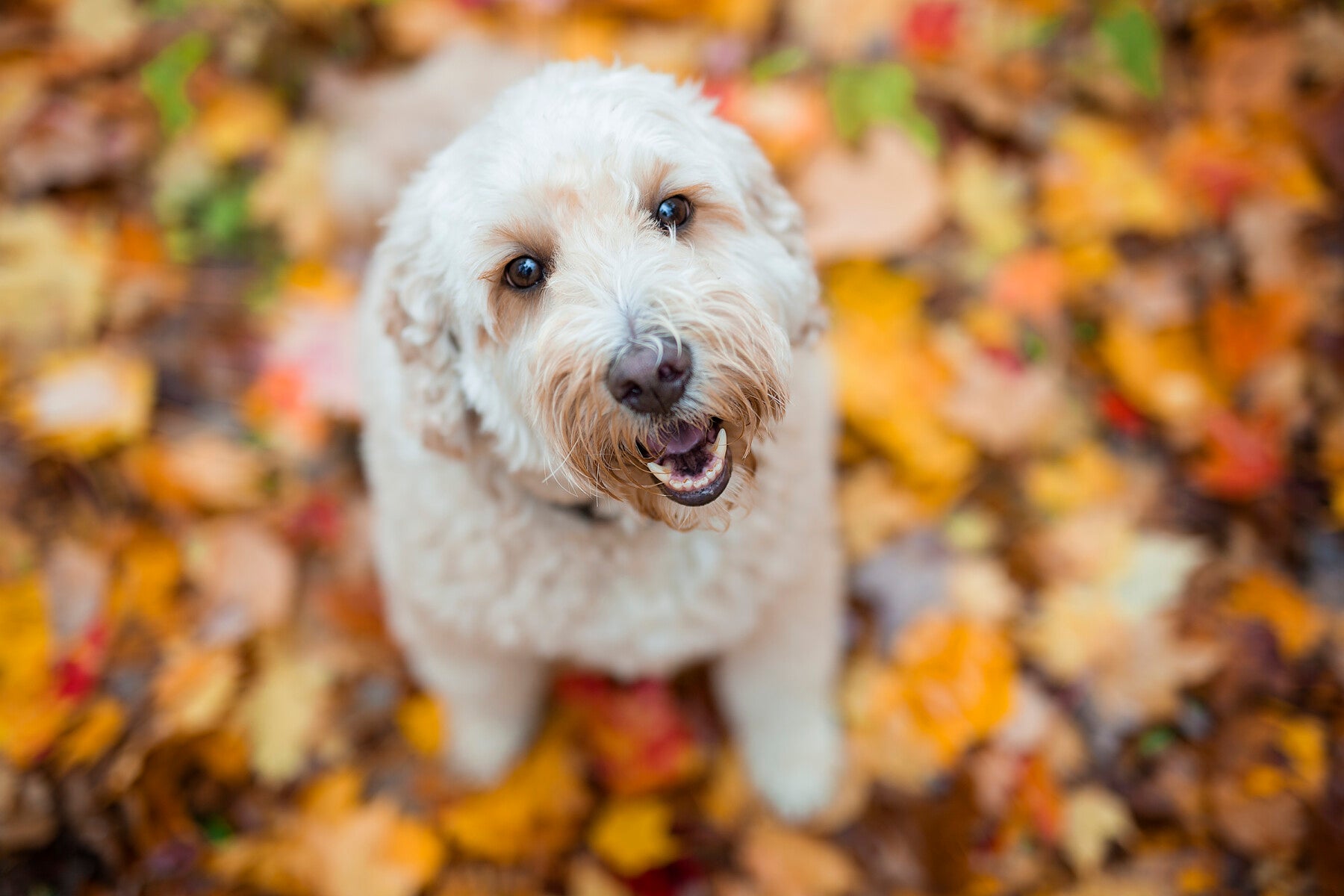
Fireworks can be fun for some, but terrifying and dangerous for others. Here is our advice for keeping companion animals and wildlife calm and safe during Bonfire Night and other festivities often celebrated with firework displays, such as Diwali and New Year’s Eve.
Fireworks might bring some colour to dark winter nights, but they can pose a real danger to animals. Both domestic and wild animals can find the thunderous sounds and flashing lights overwhelming and terrifying.
Pets may be so scared of fireworks that they shake in fear or become extremely agitated. Some get so frightened by the noise that they run away from otherwise familiar environments, and can even get injured or lost. Others become so stressed that they sadly suffer devastating or even fatal health effects.
And it’s not only dogs and cats who we need to think about—wildlife is affected, too. The sudden bright flashes and sounds can disturb wild animals and cause them to run into roads, resulting in traffic accidents. Birds can get disorientated by the loud explosions, with research showing that fireworks can cause flocks of birds to take off for prolonged periods of time, expending crucial energy, and even fly so far out to sea that they are too exhausted to make the return flight. Additionally the debris from fireworks, containing toxic materials, can be mistakenly consumed by wildlife or even fed to their young.
Here are our top tips to keep animals safe when there are fireworks, from Bonfire Night to beyond:
Fireworks advice for dogs and cats
- Walk dogs before dark, when it’s much less likely fireworks will be set off. It’s a good idea to keep them on-lead around dates such as Bonfire Night just in case.
- Keep pets safely indoors with you, making sure the windows and doors of your house are securely shut. Block any exits that animals could escape through, such as cat flaps. At the same time, ensure that your cat or dog has access to safe hiding space in your home if they want to, such as under a table.
- As well as closing windows, draw your curtains or blinds to reduce the lights and noise coming in from outside.
- Background noise can help to mask the sound of fireworks. Keep the TV on or try some calm music.
- Just like at all other times, dogs and cats should be wearing a collar and identification tag—even when they’re safely indoors. Some pets can become so scared during firework displays that they may take desperate measures to escape the noise, running outside when doors are briefly opened or even breaking through windows. You should also make sure your pet is microchipped and that the contact information on the chip is up to date.
- If needed, speak to your vet about medications that might help to reduce your pets’ anxiety. Calming jackets for cats and dogs, which provide a gentle pressure to alleviate stress, are also available.
Fireworks advice for small mammals such as rabbits and guinea pigs
- Bring any outdoor hutches inside for nights when fireworks are happening in your areas, and keep them in a quiet room with the windows and curtains shut.
- Provide extra bedding for pets to burrow in, to help them feel safe and secure.
Keeping wildlife and other animals safe on Bonfire Night
- Care should be taken not to let off fireworks near farmed animals or horses, as this may cause them to panic.
- If you have horses, check if there’s going to be any firework displays in your area and get in contact with the organisers to ask if they can set off the fireworks well away from where horses are kept, or to consider using low noise fireworks. Stay with your horse if you think fireworks are going to be let off nearby, and talk to your vet for advice in advance.
- Carefully check bonfires for wild animals such as hedgehogs before lighting them.
Take action to reduce the bangs
We agree with the RSPCA that tighter regulations are needed to restrict firework use, in order to reduce the number of bangs and unpredictability of when they occur. The Scottish government has already brought in extra controls and we urge other UK governments to follow their lead by:
- Introducing a licensing scheme for the purchase of fireworks, which would reduce sales and ensure that people buying and using fireworks are appropriately trained, preventing injuries to both people and animals.
- Shortening the period in which fireworks can be legally sold around Bonfire night. At present they can be sold from mid-October to mid-November, meaning weeks of unpredictably timed private displays. We’d like to see the sale window shortened to only one week before Bonfire night, similar to the shorter sale windows for New Year’s Eve and Diwali.
- The current legal noise limit for fireworks sold to the public is 120 decibels, a similar level to a plane taking off! We’d like to see this reduced to 90 dB.
You can show your support for tighter controls on fireworks by:
- Contacting your MP to let them know you are concerned about the animal welfare impacts of overly liberal firework laws, and signing government e-petitions to help get the issue debated in Parliament.
- Asking your local officials to use low noise fireworks for public displays, or even to try out a different type of celebration. Light displays using drones or lasers are a more eco-friendly alternative to fireworks.
